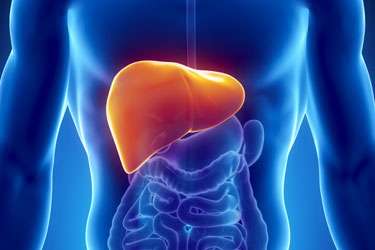Liver metastases
The phase II biomarker study by the p53 Research Group was conducted among patients with colorectal liver metastases. In the biomarker study it was demonstrated that p53 is an independent, predictive biomarker. In the administration of chemotherapeutic substances, the biomarker has a significant impact on patients’ survival, whilst the biomarker is irrelevant for the survival of those patients who have only undergone an operation.
The study entitled „Assessing the TP53 marker type in patients treated with or without neoadjuvant chemotherapy for resectable colorectal liver metastases: a p53 Research Group study” was published in February 2015 in the European Journal for Surgical Oncology.
The most important results from the clinical study:
- In the case of patients who underwent a pre-operative chemotherapy, the survival rate varied significantly for different marker statuses: patients with a mutated p53 marker status had a five-fold increased risk of dying, compared to patients with a normal p53 marker status.
- The marker status had no impact on the survival of patients who only underwent a surgical intervention.
Conclusion
For the first time, this study was able to demonstrate that the biomarker TP53 has purely predictive characteristics. In other words, the TP53 gene status identifies those patients who either do or do not respond to the given chemotherapy. In the case of patients with a mutated marker status, the administered pre-operative chemotherapy was associated with a significantly worsened survival rate.
In the case of those patients who have not received any chemotherapy (exclusively an operation), survival was not influenced by the marker status. In other words, the biomarker TP53 is NOT linked to a poor prognosis per se.
